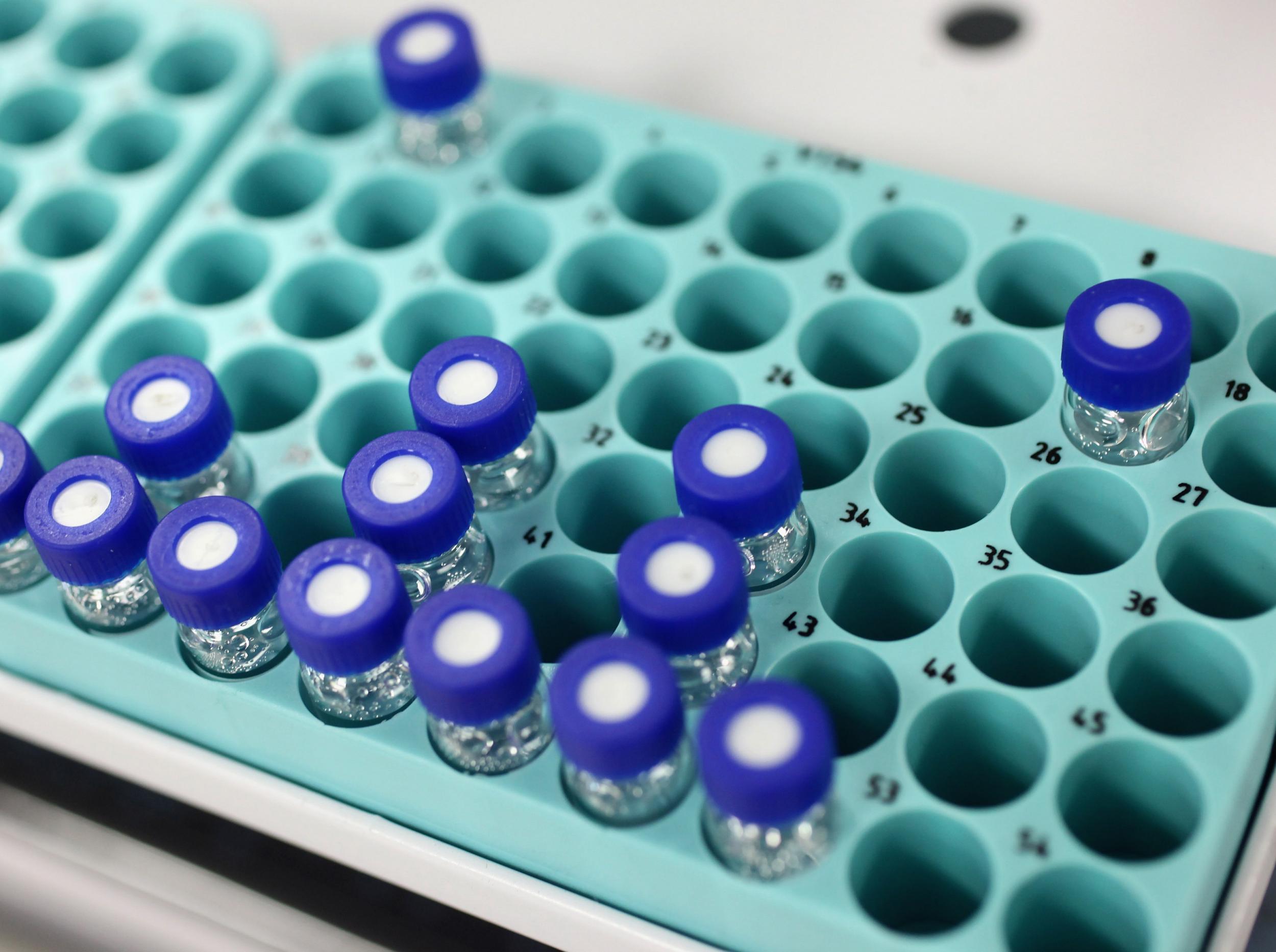Three British athletes 'given banned substances' by Kenyan doctors
UK Anti-Doping sends two specialists to Kenya to investigate the allegations

Two Kenyan doctors have been caught on camera claiming to have supplied British athletes with performance-enhancing drugs at a high-altitude training camp in Kenya.
The medics were arrested last week after suggesting they had treated Kenyan and British athletes among others with erythropoietin (EPO), a hormone that stimulates the production of red blood cells.
The undercover footage was gathered by the Sunday Times and German TV channel ARD during an investigation into doping in and around the Iten training centre in west Kenya.
UK Anti-Doping (Ukad) has sent two specialists to Kenya to investigate the allegations, which have emerged less than a month before the 2016 Olympic Games begin in Rio.
In a statement, Ukad chief executive Nicole Sapstead said the footage was “of grave concern and of significant interest.”
According to the allegations, the two doctors claim to have administered a series of EPO injections to a British athlete shortly before a major race.

The Sunday Times sent undercover reporters, posing as a sports agent and coach, to meet the Kenyan doctors in question.
They claim to have seen medical notes that one of the Kenyan doctors insists proved he treated a British athlete for an injury.
The doctor and a colleague then allegedly claimed to have supplied the athlete with injections of performance-enhancing drugs and blood tests to monitor red cell levels.
A third Kenyan man, who is associated with the doctors and has also been arrested, said three Britons were among 50 international athletes he had helped take performance-enhancing drugs in the past four years, according to the newspaper.
Iten is situated at 2,400m above sea level and is used as a winter base for British athletes.
The training centre owner Pieter Langerhorst said the Iten camp had a firm anti-doping policy, with 16 cameras set up to monitor activity.
And there are “no refrigerators in any of the rooms” to prevent athletes storing EPO, he told the Observer.
UK Athletics has dismissed the allegations made by the Sunday Times as “vague and unsubstantiated.”
“None of the allegations as presented relating to British athletes accords with our experience,” it said in a statement.
Kenya passed a new anti-doping law in April ahead of a deadline set by the World Anti-Doping Agency to comply with international standards or face a possible ban at the upcoming Olympic Games.
On 21 June, the International Olympic Committee (IOC) announced athletes from Kenya and Russia, in all sports, will only be able to compete at the Rio Olympics if they have passed an “individual evaluation” to prove they have not been doping.
This unprecedented step was unanimously agreed at an emergency summit convened by the IOC in Lausanne.
Join our commenting forum
Join thought-provoking conversations, follow other Independent readers and see their replies
Comments
Bookmark popover
Removed from bookmarks